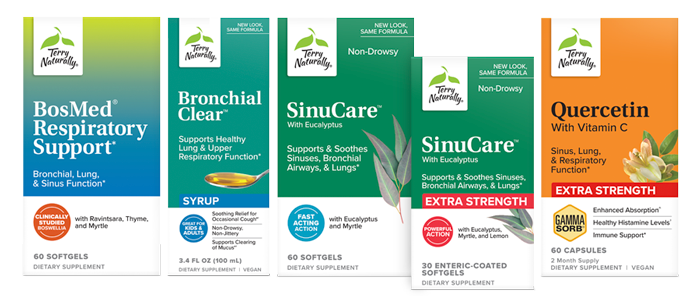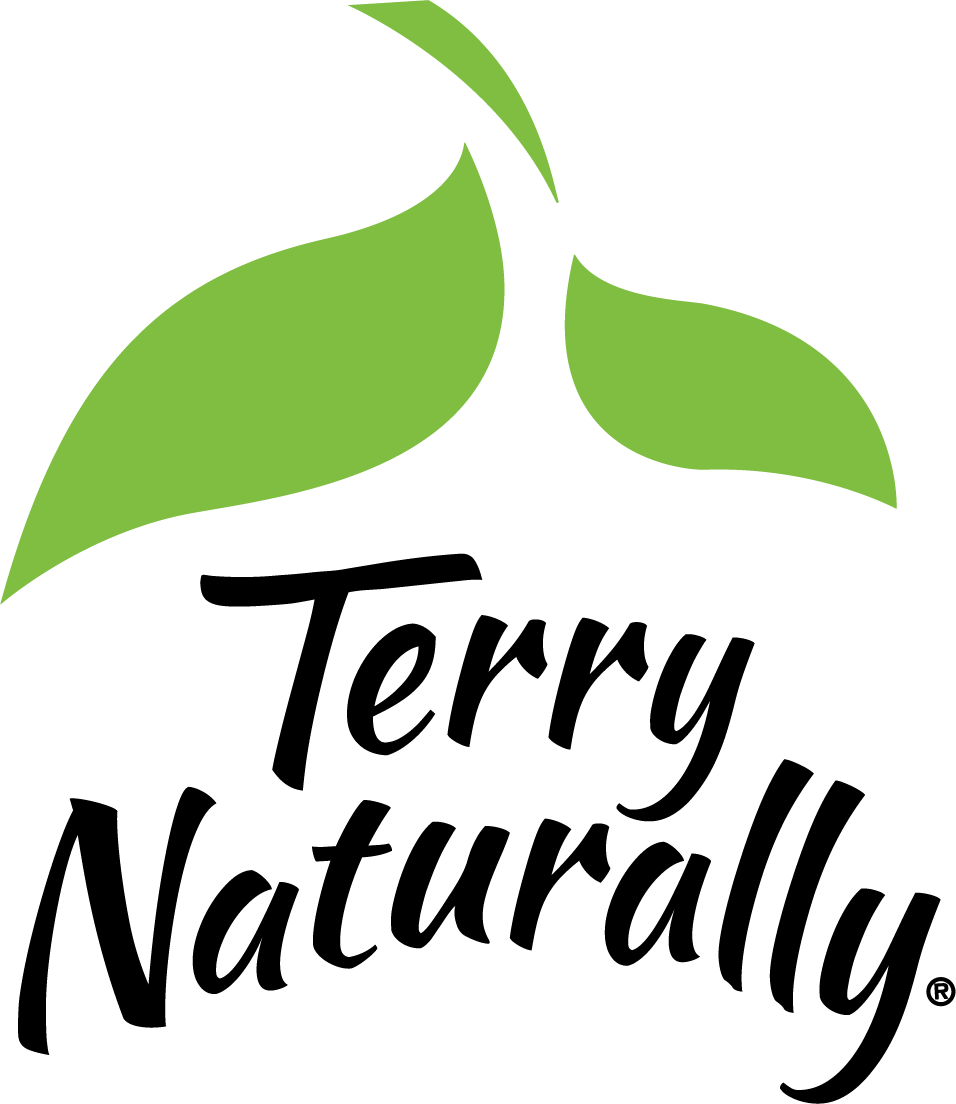Ideally, taking a breath is something we do without really thinking about it. But as many people know, breathing clearly and strongly is a precious gift. To appreciate it fully, there are a few things we can put into practice.
Breathe Intentionally
The idea of intentionally working with your breath and lung capacity will sound familiar to anyone who has worked with pranayama in their yoga practice. One way to think of it is like this: breathe in deeply, hold that breath for a moment, and then exhale in a controlled manner, sometimes resting along the way from your belly, to mid chest, to your upper lungs. While the roots of this method are ancient, the benefits of this method to ease anxiety, boost physical stamina, and build lung capacity are almost immediate.
Clear the Air in Your Home
‘Inside air’ can quickly become stale and overburdened with dust, pollens, and other irritants. Aside from occasionally opening up your windows to exchange indoor air for outdoor air (which, admittedly, will probably contain pollens and dust, too), be certain to change out any furnace or air conditioner filters frequently. The best ones will trap particulates, but they only work for as long as they are clean or new.
Hydrate, Hydrate, Hydrate
Every cell in your body depends on water, including your respiratory system. In fact, your lungs are composed of about 83% water. Scientists have found that drinking water throughout the day is absolutely critical for robust immune and respiratory health, probably because of the way it keeps mucosal tissues moist and better able to function. You don’t have to stick to water—herbal teas and other non-diuretic drinks (not coffee) can do the trick, too. But try for a target of eight, 8-ounce glasses daily to be at your bronchial best.
Exercise Daily
Brisk daily exercise—a quick walk around the neighborhood, a session at your gym, or a few laps in the pool can boost your heart rate and naturally expand your lungs while you burn calories, too.
Enlist Some Supplemental Support
There are incredible botanicals and other nutrients available that can help you breathe your best.*
Here are just a few:
Boswellia: Often called frankincense, boswellia (Boswellia serrata) has been recommended to support respiratory health since ancient times. Boswellia is unique in the herbal world because it works in the body along pathways that other botanicals can’t match. For you, that means support for a healthy immune response, and sinus, bronchial, and lung function that doesn’t cause drowsiness or jitters like other approaches. One great source is BosMed® Respiratory Support, which delivers BOS-10® boswellia. This key ingredient is standardized in such a way that you get 10 times the levels of a beneficial compound called acetyl-11-keto-beta-boswellic acid (AKBA) compared to unstandardized forms. This product also combines boswellia with beneficial essential oils including ravintsara, myrtle, and thyme for additional respiratory support.*
Ivy and Thyme: Ivy and thyme have long been used as traditional supportive botanicals to help individuals breathe easier. These two herbs are wonderful choices to soothe bronchial airways and support the clearing of mucus and relief of occasional cough associated with hoarseness, dry throat, and irritants.* These two superstars are found in Bronchial Clear™ syrup.
Eucalyptus and Myrtle: The distinctive scent of eucalyptus practically radiates a sense of clarity. There’s good reason for that. Its natural compounds, including cineole, alpha pinene, and limonene are favorites for sinus support. Interestingly, myrtle is also a source of these same compounds, and together these herbs support the membranes in the lungs and overall respiratory system, in addition to the sinuses.* You can find them both in SinuCare™ and SinuCare™ Extra Strength.
Quercetin and Vitamin C: Quercetin is a flavonoid polyphenol found in apples, grapes, onions, tea, and various herbs. Vitamin C, of course, is available in a variety of food sources, and most associated with oranges, kiwis, and other citrus-related fruits. Both support healthy histamine levels, sinus and respiratory function, and immune response.*† So as nutrients, they are great partners, and frequently found together in various foods. However, getting a consistent level of both from food sources alone can be a challenge.
That’s why supplementing to include Quercetin with Vitamin C can make things easier. Not only does vitamin C appear to aid in quercetin’s bioavailability, but the quercetin in this supplement is also combined with GammaSorb®; a gamma cyclodextrin delivery system that has been shown to increase the absorption of hard to absorb (fat soluble) dietary ingredients.



